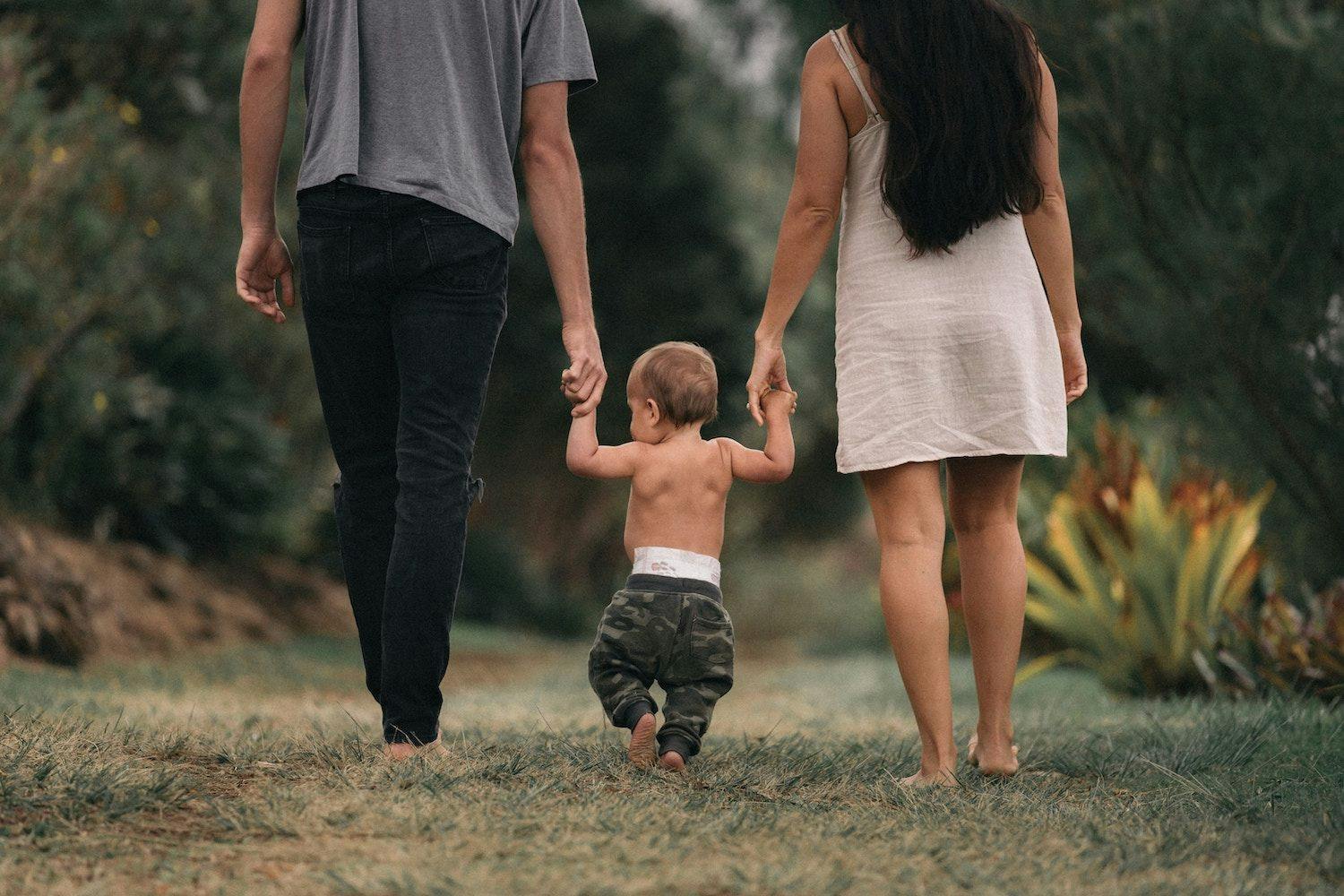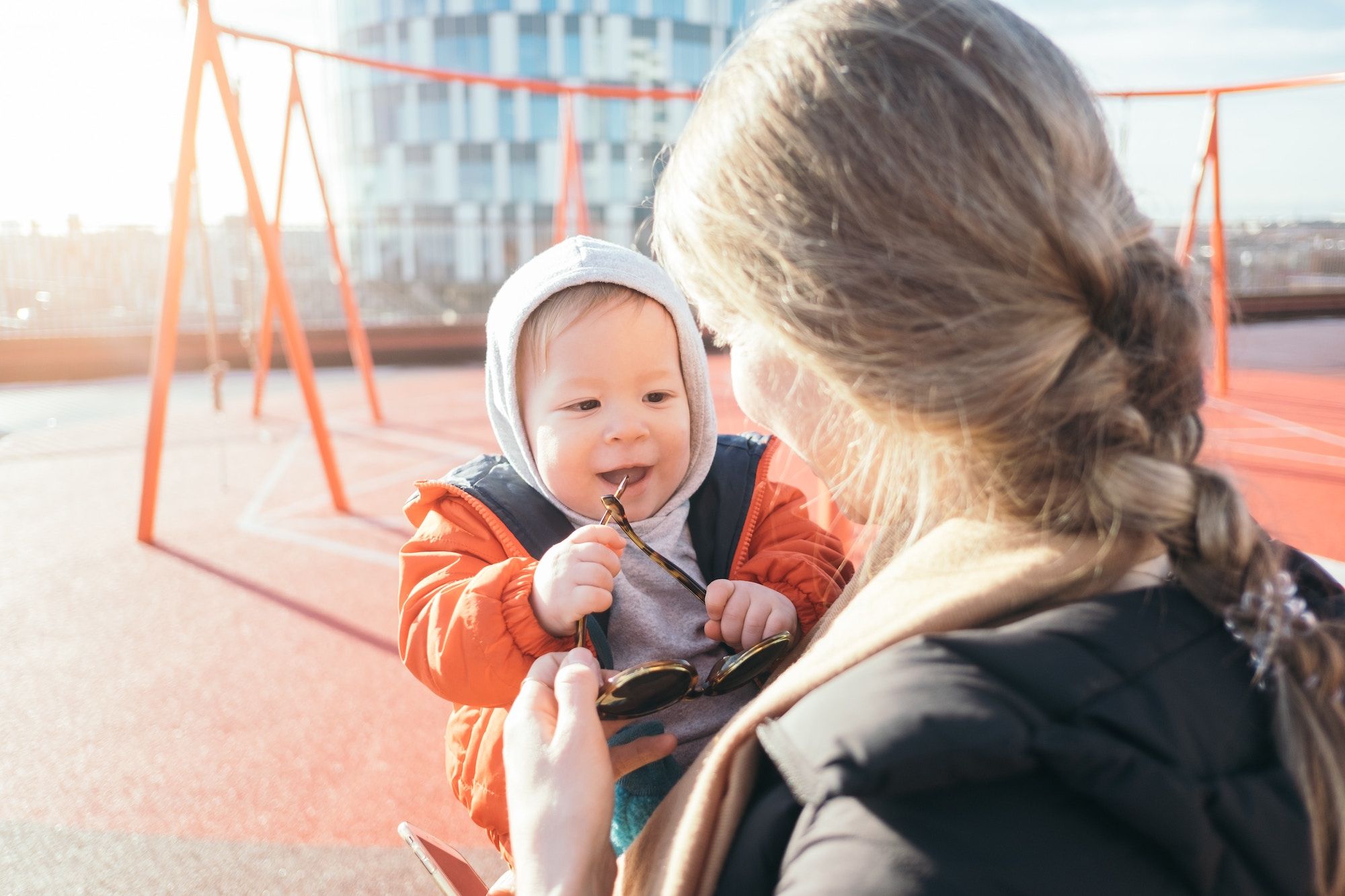
New research reveals parents are staying together over five years more than they would if they didn’t have children
Break-ups and separations are tough on anyone but, when children are involved, there can be an additional layer of complexity. Research from Direct Line Life Insurance has found that over a fifth of parents who would have split up, stayed together longer because of their kids.
On average, they found parents stayed in relationships for over five years longer than they would have if they didn’t have children. The idea of staying together for the kids isn’t a new one and, in fact, there appears to be a generational difference in how long people will stay together. Parents over the age of 55 reported staying together for nearly seven years longer, while parents under 35 stayed for just over three years. So, while this idea is clearly still present, attitudes are changing.
Over a third of parents who stayed together said they did so because they believed it would be better for their children to have two parents at home while growing up. Is this really the case though? We spoke to counsellor Beverley Hills who believes it’s a question of relationship modelling.
“If the parents stay together and the relationship is toxic, then the children grow up believing that this kind of relationship is the norm. Often parents are better people apart; happier, healthier, able to be more loving, focussed and supportive. Children learn by example, so ask yourself what will their life take-away be if we carry on with our current behaviour?”
Beverley also highlighted the impact finances have on this situation and, interestingly, this came up in Direct Line’s research too. When looking at the reasons for staying together, the main reason for women was that they could not afford to separate from their partner.

“Sometimes parents stay together because they can’t afford to live apart. This is where relationship counselling can help by encouraging new forms of communication and understanding,” Beverley explains.
We asked Beverley how parents can better manage separation when children are involved. She pointed out that the way parents deal with the break-up and subsequent life after will dictate to a greater extent how the children handle it.
“If the parents can show grace, empathy, patience and tolerance then the children will, too. The children don’t need to be involved in the day to day practicalities of separation until they are much older; school runs, weekend clothes, toys etc. can be sorted out between you as adults. Prioritising their involvement – of course they deserve a voice, but let’s not crowd their brains with minutiae – and singing from the same sheet discourages them from feeling as though they have to take sides.”
She also explained that with this in mind, parents should avoid bad mouthing their exes as it may lead to ‘love confusion’ for the child; “After all it’s not their fault you’re breaking up and they love you both.”
It’s important to remember that children are very intuitive and often pick up when things are off. In fact, of the parents who stayed together, over a third said their children knew they wanted to separate. Some were told by their parents, but 20% had guessed. Being honest and communicative is essential.
If you’re a parent and you’re struggling with separation, know that support is available. Learn more about separation and divorce, and how a relationship counsellor could help.

